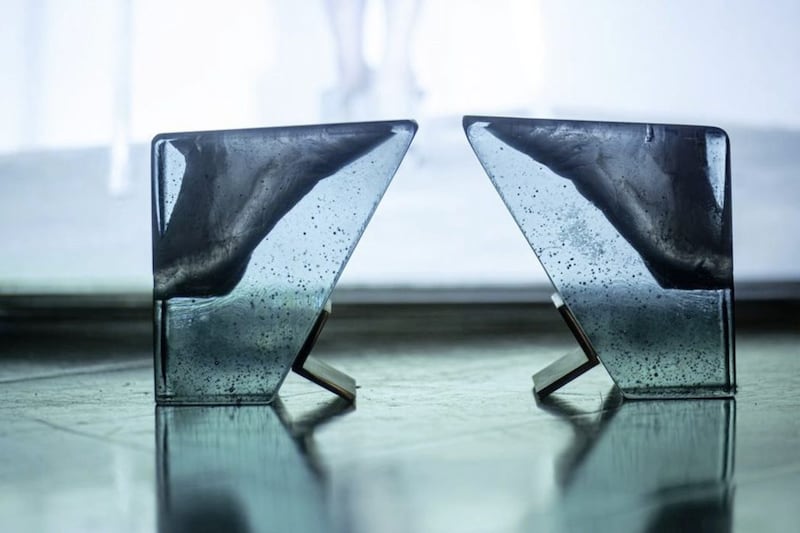A new network of museums and groups engaged in the legacy of the Troubles and earlier conflict in Ireland has been founded with the aim of "promoting dialogue and building mutual understanding".
The Conflict and Legacy Interpretive Network has been launched as part of a collaboration between the Bloody Sunday Trust/Museum of Free Derry, National Museums NI and Healing Through Remembering organisation.
The network, which includes the James Connelly Visitor Centre in west Belfast, The Ulster Museum, and Derry's Seige Museum, promotes "diverse perspectives and viewpoints" on the Troubles in order to foster "greater awareness and discourse surrounding ongoing legacy and reconciliation issues".
Network members in the Republic include Monaghan County Museum and the National Museum of Ireland's branch at the Collins Barracks in Dublin.
A new website, conflictlegacy.org, has been launched for the network, allowing visitors, researchers and special interest groups to navigate the groups telling the history of conflict in Ireland.
The network is an acknowledgement that the Troubles is "perceived and remembered in many different ways" by society in the north and beyond.
National Museums NI's director of collections, William Blair, said: "As custodian of an extensive and internationally significant collection relating to the Troubles, we have a crucial responsibility to ensure that all aspects of Northern Ireland’s contested past are empathetically explored and debated.
"The Ulster Museum continues to play an important role in raising awareness of our complex history through exhibitions such as Silent Testimony and the Troubles and Beyond. I have no doubt that our participation in this network will further strengthen our contributions in this significant area."
Maeve McLaughlin, director of the Bloody Sunday Trust, said: "The Conflict and Legacy Interpretive Network serves as a crucial platform for bringing together diverse voices and narratives. By engaging with various viewpoints, we can foster a deeper understanding of our complex history and contribute to a society that embraces inclusivity, truth, and healing."








